Fukui Prefecture
Where is Fukui?
Fukui Prefecture is situated in the central Chubu region of Honshu, Japan’s largest island.
It borders Ishikawa Prefecture to the north, Gifu Prefecture to the east, and Kyoto and Shiga Prefectures to the south.
The prefecture has a long eastern coastline facing the Sea of Japan.
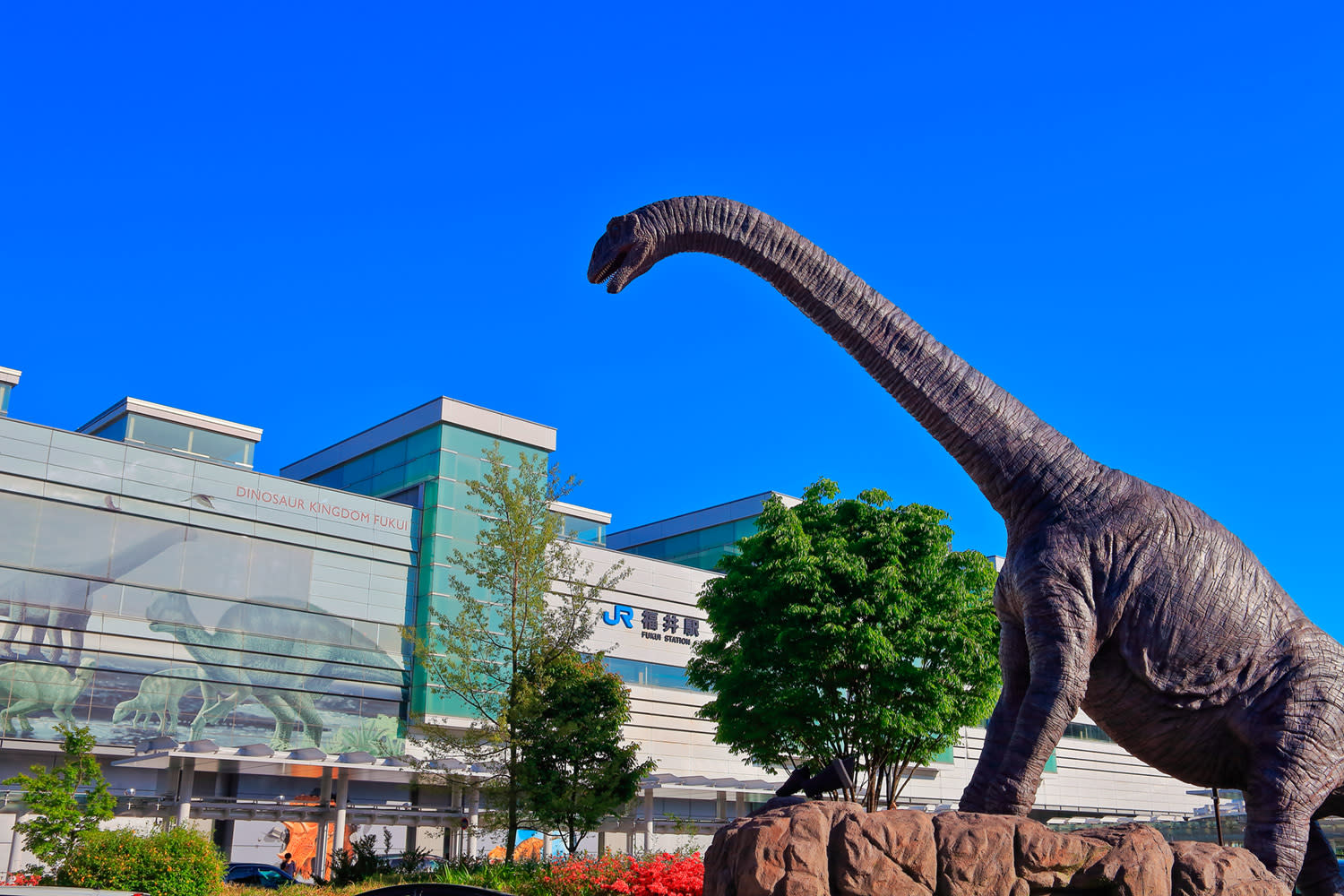
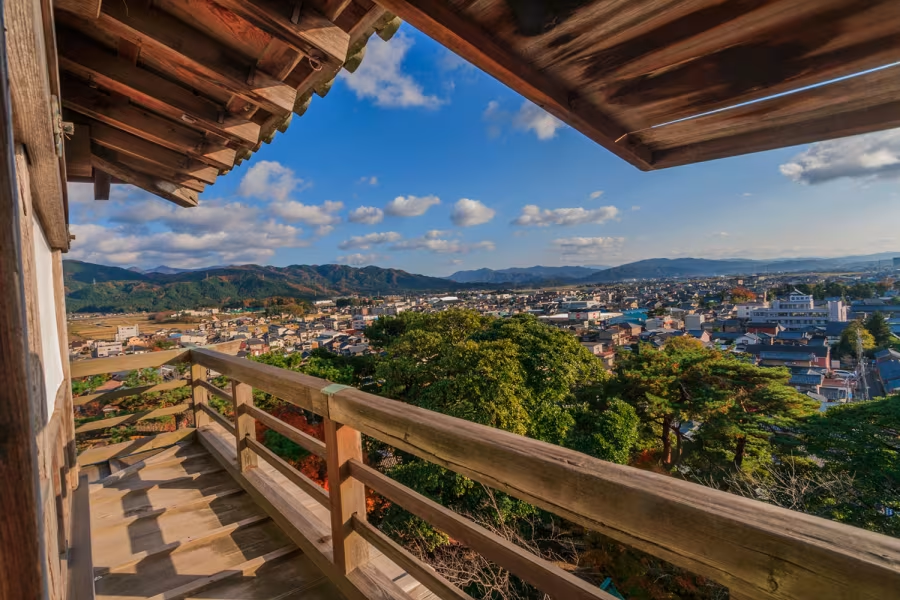
The prefectures largest city is Fukui City, which serves as the prefectural capital. Other major cities include Katsuyama, Sakai and Echizen.
What is Fukui known for?
Fukui is know as the “Dinosaur Kingdom of Japan” due to the large number of complete dinosaur fossils found in the prefecture.
Travelers arriving at Fukui Station are greeted by moving dinosaurs in the plaza outside the station.
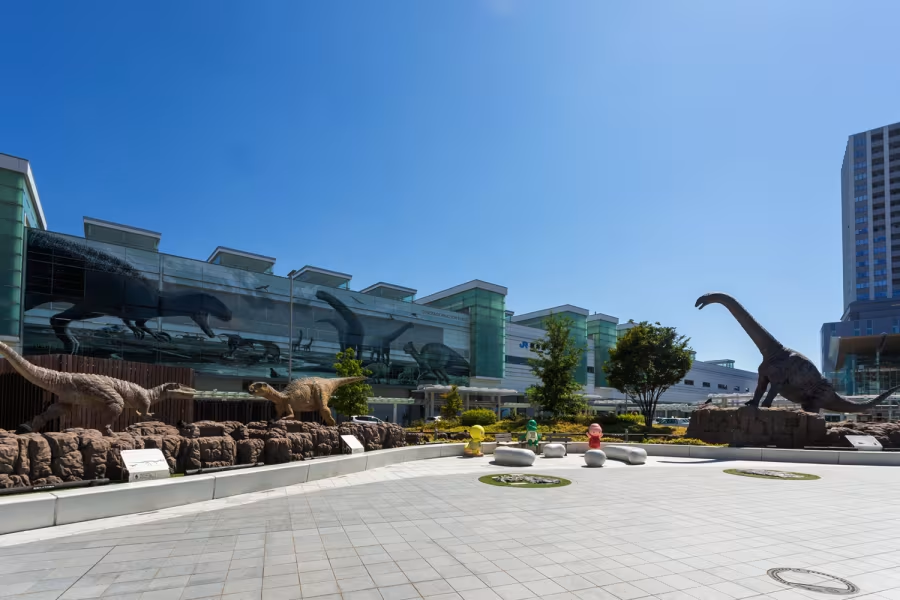
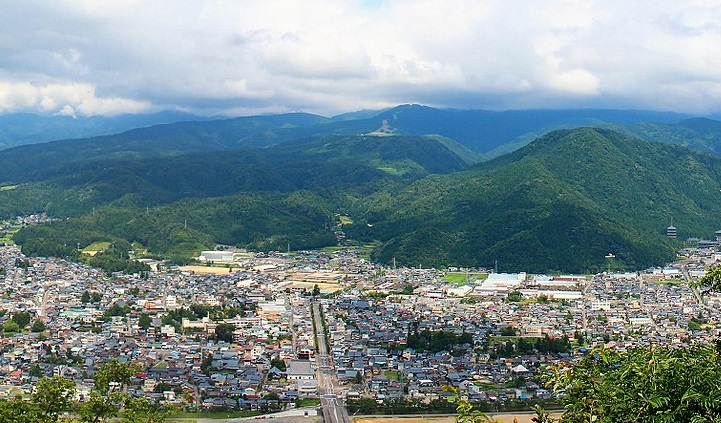
The Dinosaur Valley Fukui Katsuyama Geopark is the largest dinosaur fossil site in Japan and it also includes the entire city of Katsuyama.
Fukui is also the home of sauce katsudon, a rice bowl dish featuring a breaded pork cutlet (tonkatsu) topped with tonkatsu sauce.
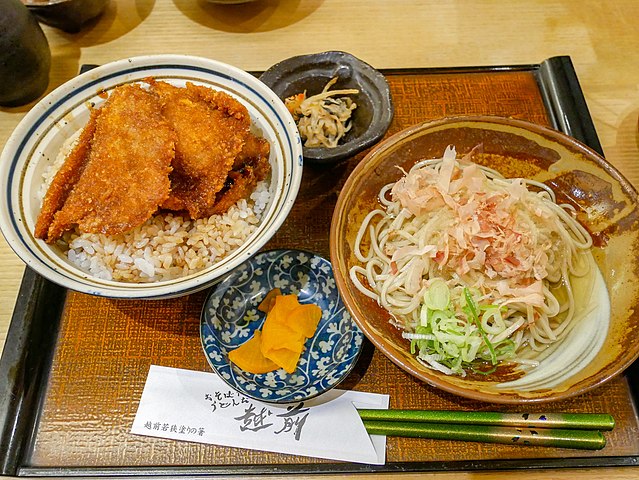
Sauce Katsudon omits the omelettes, vegetables and other toppings usually found on katsudon across Japan, keeping the dish simple and focusing on the cutlet and rice covered in the sweet, tangy and umami sauce.
Where should I visit in Fukui?
Fukui City features a large number of museums including the Fukui Prefecture Fine Arts Museum, the Fukui City Art Museum and Fukui City Natural History Museum.
Osagoe Minkaen, in Fukui City, is an open air museum dedicated to traditional Japanese farm houses and buildings. It includes a number of authentic thatched roof buildings that have been relocated to the museum.
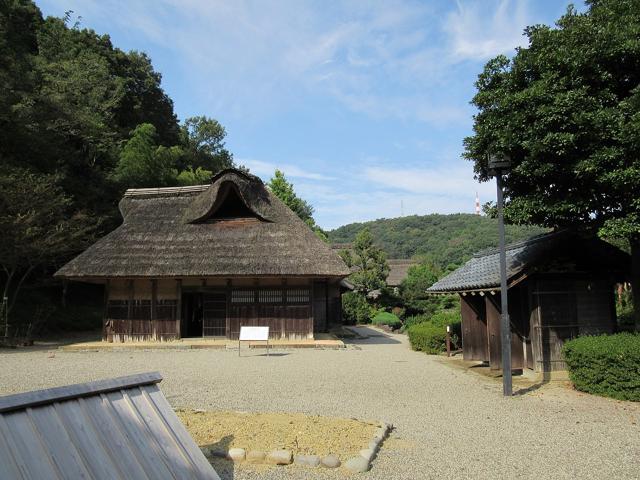

Fukui Prefectural Dinosaur Museum, located in Katsuyama, is one of the worlds leading dinosaur museums.
Katsuyama is also a popular location for skiing and snowboarding due to its location in the mountains of Fukui Prefecture.
The city of Echizen is home to a large number of shrines and temples. Visitors interested in Japanese culture can experience shrines that are over 1000 years old such as Oshio Hachiman Shrine and Omushi Shrine.
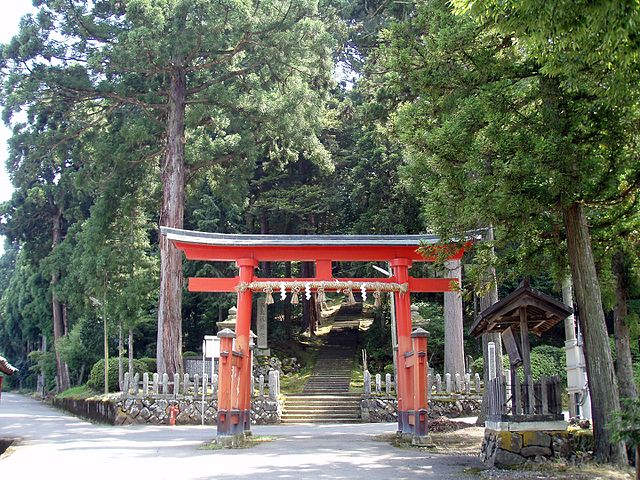
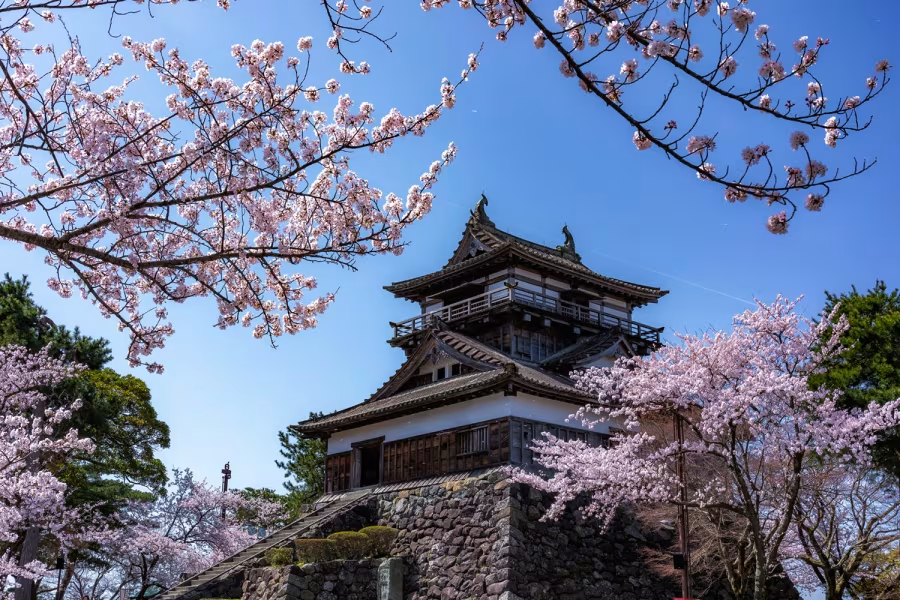
Visitors interested in castles and history can find Maruoka Castle, the oldest castle keep in Japan, in Sakai City.
When is the best time to visit Fukui?
Fukui Prefecture has a humid continental climate and the best time to visit will depend on your itinerary and how it may be affected by the weather.
Spring and autumn are typically considered the best times to visit Fukui due to the pleasant weather and beautiful scenery.
Spring (April to May) encompasses the Japanese cherry blossom season. Visitors can expect mild temperatures and generally pleasant weather.
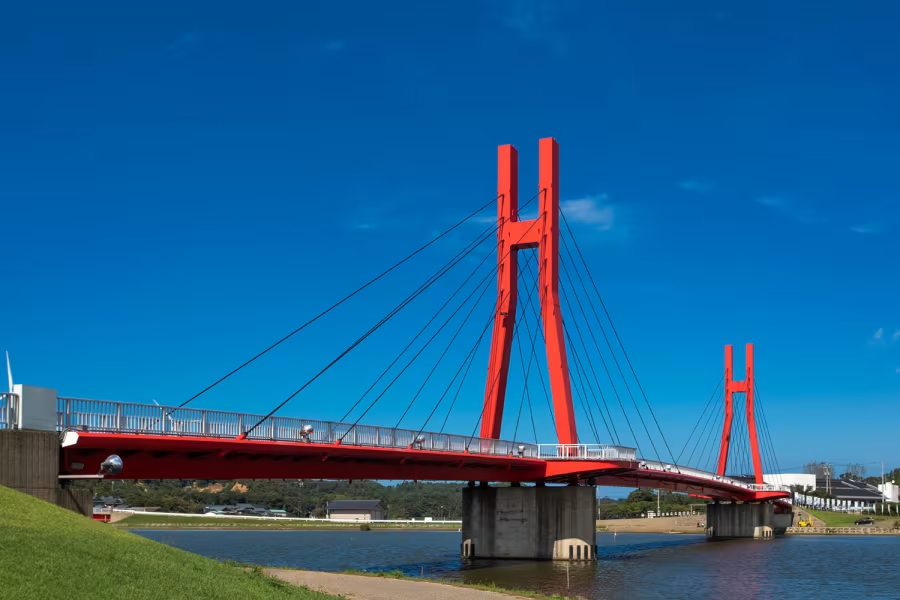
Summer (June to August) brings hot temperatures and high humidity, peaking in July and August with a mid-summer rainy season in June.
Autumn (September to November) sees comfortable temperatures with clear skies along with stunning autumn leaves in various shades of red, yellow, and orange.
Winter (December to March) can be cold with dry air. The worst of the low temperatures typically occur in January and February. Significant snowfall can usually be found in mountainous areas of the prefecture.
All Events in Fukui
Tours and Activities in Fukui
None found.
Where should I stay in Fukui?
Choosing where to stay in Fukui prefecture will depend on your budget, interests/itinerary, and preferred travel style.
Budget travelers will likely have more success finding accommodation in Fukui City or nearby Sabae, as options from Japan's budget hotel operators such as APA Hotel Fukui Katamachi or Hotel Route Inn Sabae may not be available in more rural areas or smaller cities.
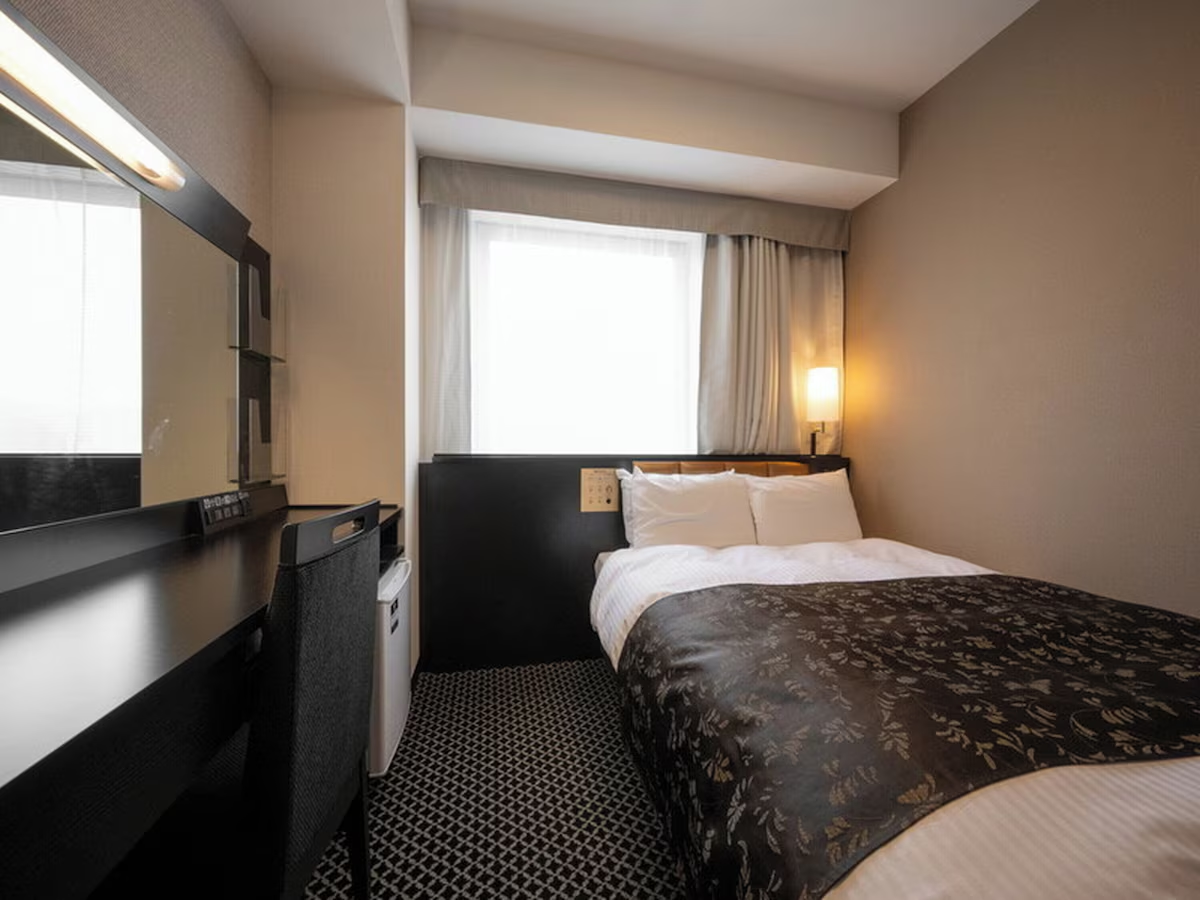
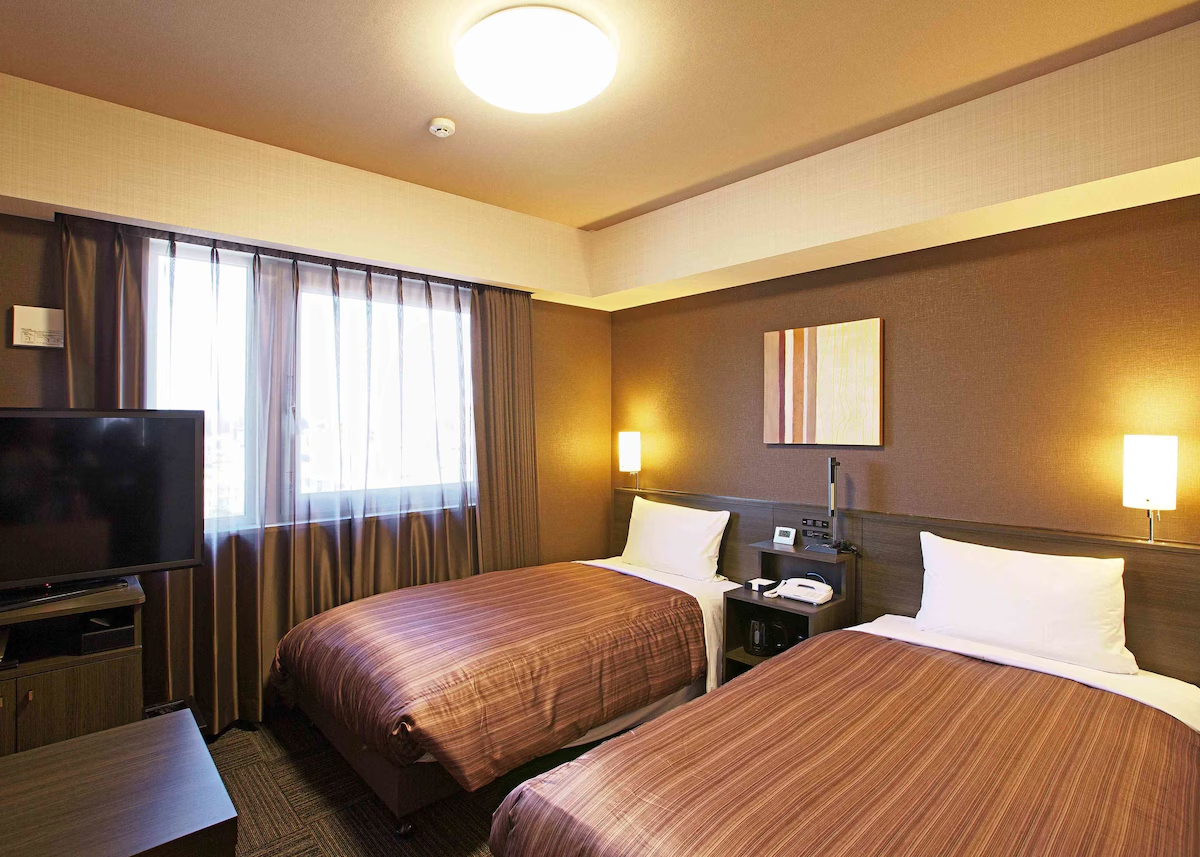
Tsuruga City, while not a major tourist destination, is the end point of the Hokuriku Shinkansen and several limited express trains. A hotel such as Toyoko Inn Tsuruga Ekimae close to Tsuruga Station may be a convenient option if travelling via train.
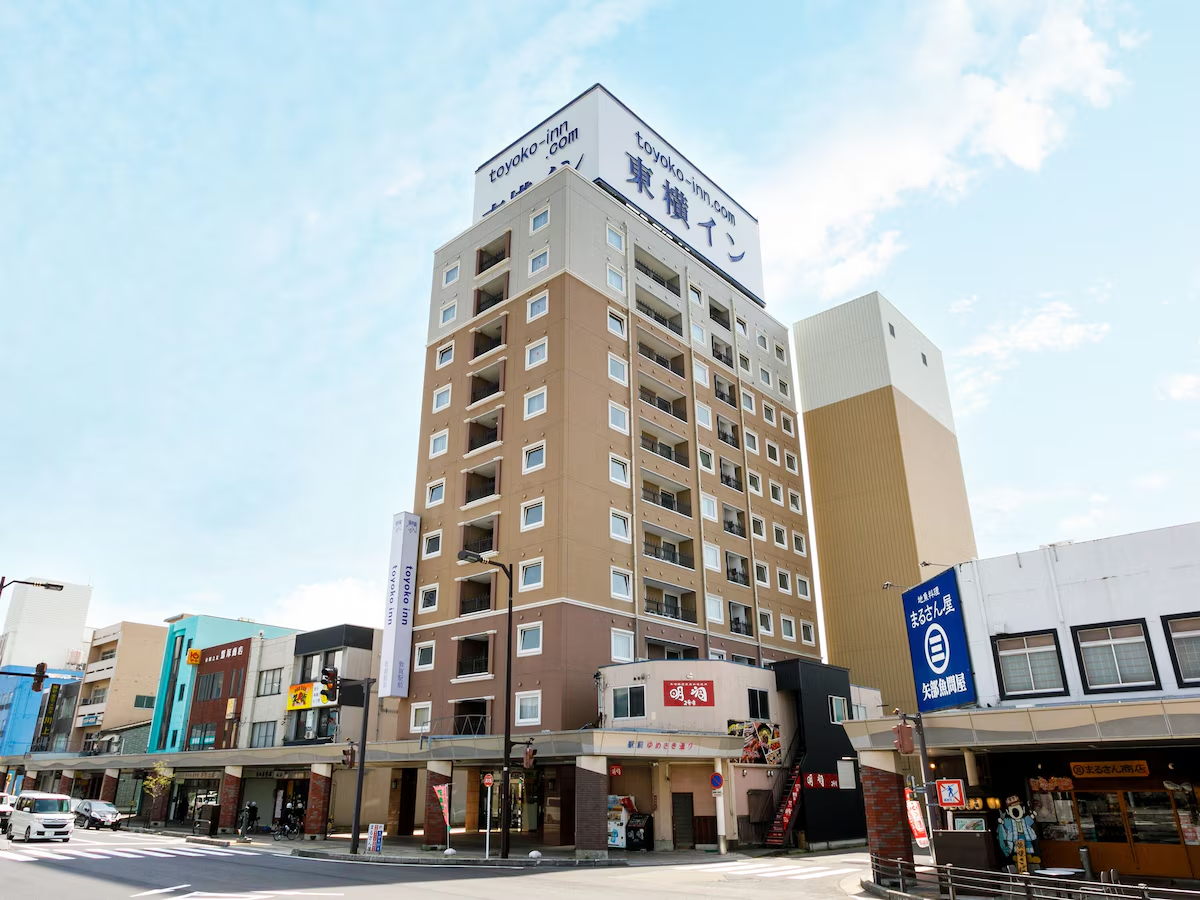
Visitors seeking luxury accommodation or traditional Japanese lodgings (ryokan) may be best served by looking for accommodation outside of the main cities such as upscale ryokans like Araya Totoan and Hotel Yagi.
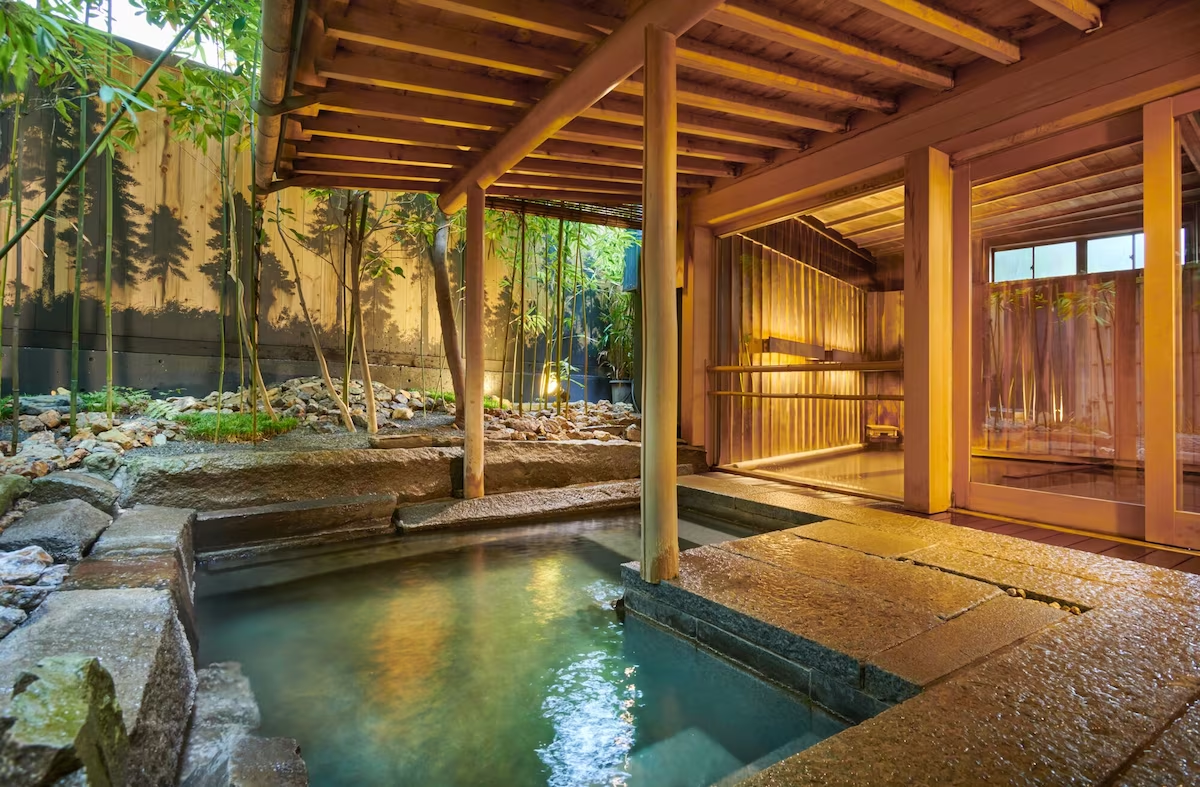
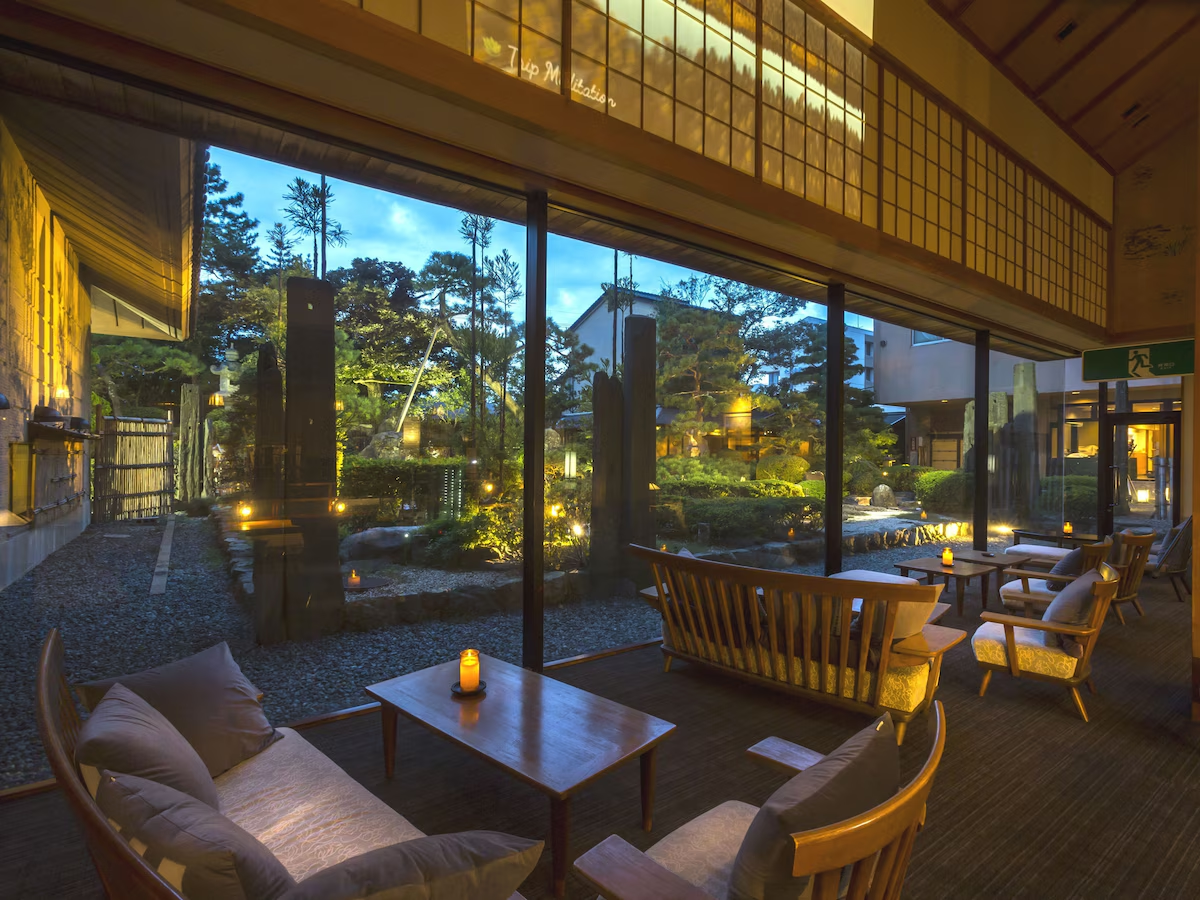
As public transport in Fukui Prefecture is not as well developed or frequent as in urban Japan, staying in locations such as these may require additional planning or a car rental.
How do I get to Fukui Prefecture?
The most convenient method to reach Fukui Prefecture is by train.
The Hokuriku Shinkansen departs Tokyo Station multiple times each day and terminates at Tsuruga in Fukui Prefecture. Other cities in Fukui can be reached from Tsuruga by limited express, express and local trains.
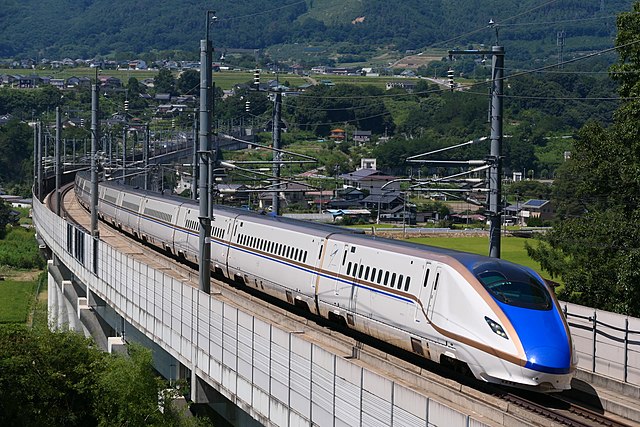
Limited Express and Express trains regularly depart from Osaka and Kyoto bound for Fukui Prefecture or pass through Fukui Prefecture while on route to Kanazawa. Most of these trains will stop at Tsuruga, Takefu, Fukui and Awara.
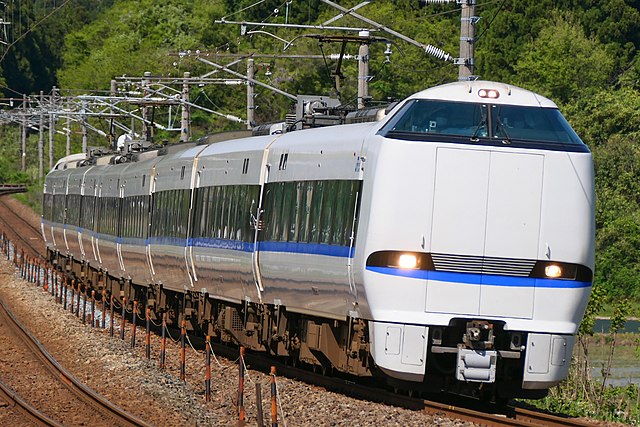
Fukui City can also be accessed via express bus services from Chubu Airport and other major Japanese cities.
Travel around the prefecture may be difficult as public transport is not well developed with many bus services only running several times each day.
Car rental may be more convenient than using public transport if travelling outside of the main cities.
